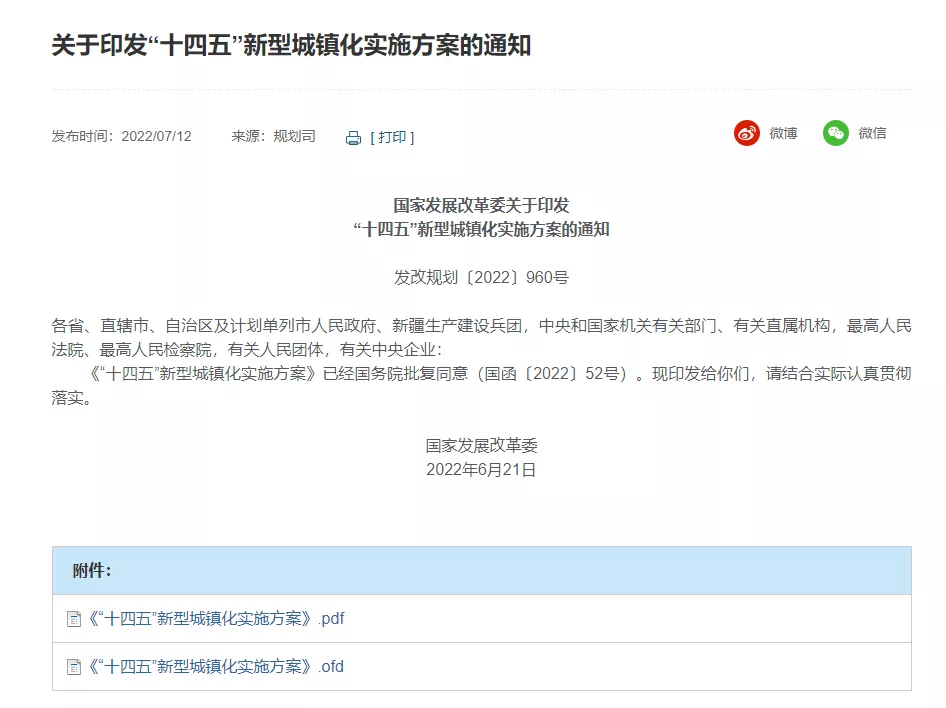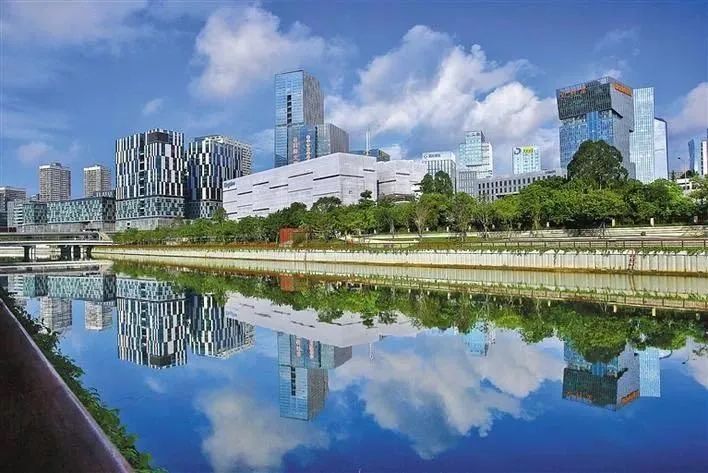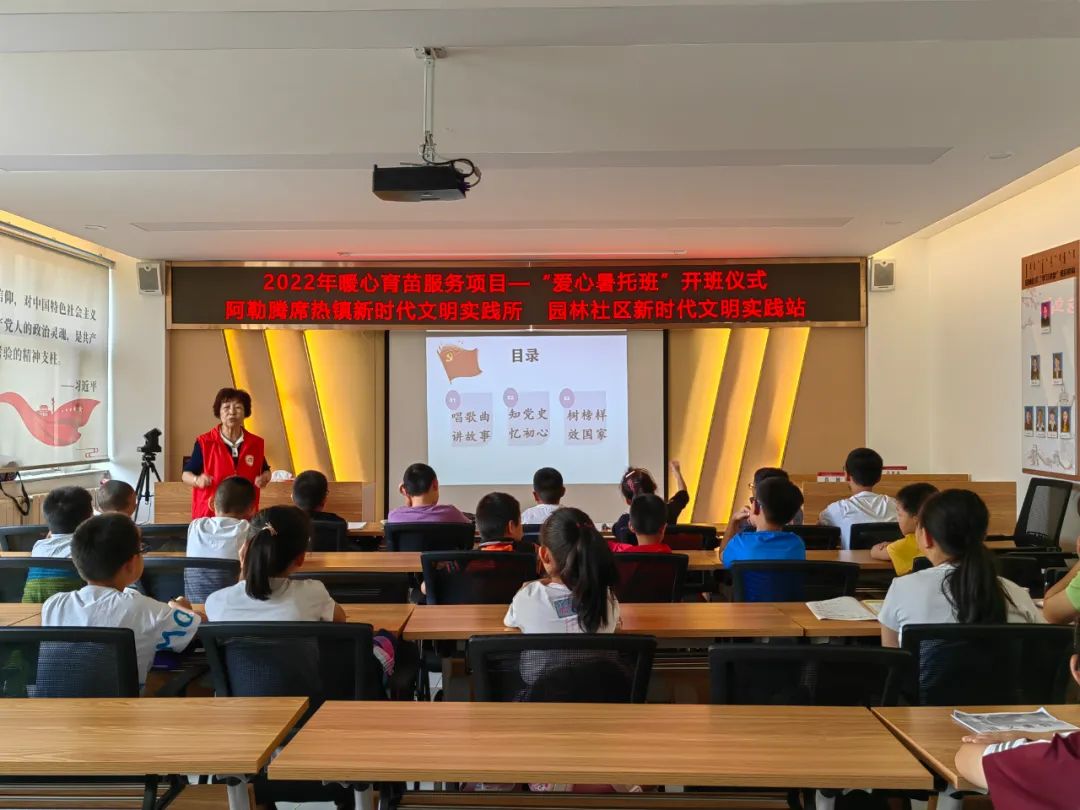Is the settlement policy relaxed? Is the big city ready?
Author:Guangming Daily Time:2022.07.18

Text | Sun Xiaoting
On July 12, the National Development and Reform Commission issued the "Implementation Plan for the" Fourteenth Five -Year Plan "new type of urbanization", which proposed to deepen the reform of the household registration system, which involved the restrictions on the settlement restrictions of the residence in the urban area below 3 million other than the resident population of the urban area. The cities with restrictions on urban settlement, comprehensively relaxing the resident population of 3 million to 5 million in urban areas settled in large cities, and improved the oversized cities' points settlement policy with more than 5 million resident population in urban areas, and encouraged the cancellation of annual settlement places.

Obviously, the pace of household registration reform is accelerating. Since 2014, it is proposed to "fully liberate the restrictions on the settlement of the town and the small cities". In 2019, "the large-scale cities with a resident population of 1 million to 3 million in the urban area must fully cancel the settlement restrictions". The implementation of cities under 3 million cities to fully cancel the residence restrictions ", and then this year's" Plan ", incorporated the special large and large cities in the same status into the scope of the reform of the household registration system, reflecting the trend of steadily relaxation.
Over the years, "hukou" is a hot topic of public opinion, because it is not only the practice of "territorial management", but also attached public resources related to people's vital interests. As a result, in the process of household registration reform from the ideal to reality, it has also been affected by various objective factors. High costs are the biggest concerns of many cities.

Some scholars calculate the account and accept "new citizens" that not only give their citizen identity, but also be undertaken the education funding investment, medical security subsidies, pension insurance subsidies, affordable housing expenditures, social relief subsidies, social relief subsidies, and social relief subsidies. Urban management costs (including infrastructure construction) and other parts. Whether urban finance can bear this part of the cost has become an important consideration for urban managers to treat foreign populations.
However, is the cost of the reform of the household registration system? Obviously, the cost of urban public services according to the head of the person is still to deal with complex issues with linear thinking, which may overestimate the marginal costs of new citizens. Taking Shanghai as an example, the resident resident population is 14.5744 million, and the migrant resident population is 10.3199 million. This "separation of the household" has become a general social phenomenon in the country. It has adapted to the size of the permanent population.

At the same time, management thinking is also changing. The problem of "big cities disease" more needs to work hard on urban intelligence and refined governance. In recent years, with the "complex science" infiltration from scientific fields such as physics, mathematics, biology, etc. to the social science fields such as economy, society, and management. deal with. The author of the book "Scale" pointed out that "a city with a population of 10 million people is 15%less than two cities with 5 million people, which brings materials and energy. The huge conservation. "The scale does not necessarily bring disorderly, but may improve efficiency. In recent years, the "digital cities" and "smart cities" that have been exploring and built in various places are also a manifestation of this management method.
In this context, the cancellation of the household registration system reflects a change in the cost of urban cost thinking. It no longer simply uses the corresponding public service expenditure brought by the population as a cost. Instead, talent can be regarded as "capital". The most active and most active factor in economic and social development, and the "income" brought by talents is the high cost of the city.

Picture source: Beijing News Data Map
Of course, the change of this thinking is not only a technical problem about urban management, or the increasing realistic issue of the downward pressure on the macroeconomic economy. It is more important that it is about the essential problems involved in the long -term reform. Through the reform, the efficient configuration of human capital in the market economy is to resort to the consensus of the judgment, aggressiveness and ability of the personnel, and equal development opportunities, and equal public services. The core of institutional reform this general trend of economic and social development.
Only under this thinking can various cities truly accept "new citizens", rather than using hukou as a bargaining chip that attracts talents. The improvement of force to achieve co -construction and sharing of cities and talents.
Hot video recommendation
Follow the "Light Time Comment" WeChat video number
Follow the "Guangming Daily" WeChat video number

Installation of the "1 to 1" camera? No need to


Celebrity saying is true or false, you may wish to be more true
"Self -selected roommates" must allocate "fragrant" than the school?
Text: Sun Xiaoting
Picture: Website of the National Development and Reform Commission, Xinhua News Agency, Beijing News
Recitation: Wang Qian
Editor -in -chief: Wang Yuanfang
Edit: Sun Xiaoting Zhang Yongqun
- END -
Beijing issued "Guidelines for Epidemic Prevention of High, Central, and Low -risk areas"
The Municipal Centers for Disease Control and Prevention issued the Guidelines for Epidemic Prevention in High, Medium, and Low Risk Zone yesterday, requiring personnel in high -risk zones to do no
Features of public welfare Summer Totor Class bring "colorful summer"

To alleviate the problem of parents' summer care problemsAleten Xi Hot Town in the...